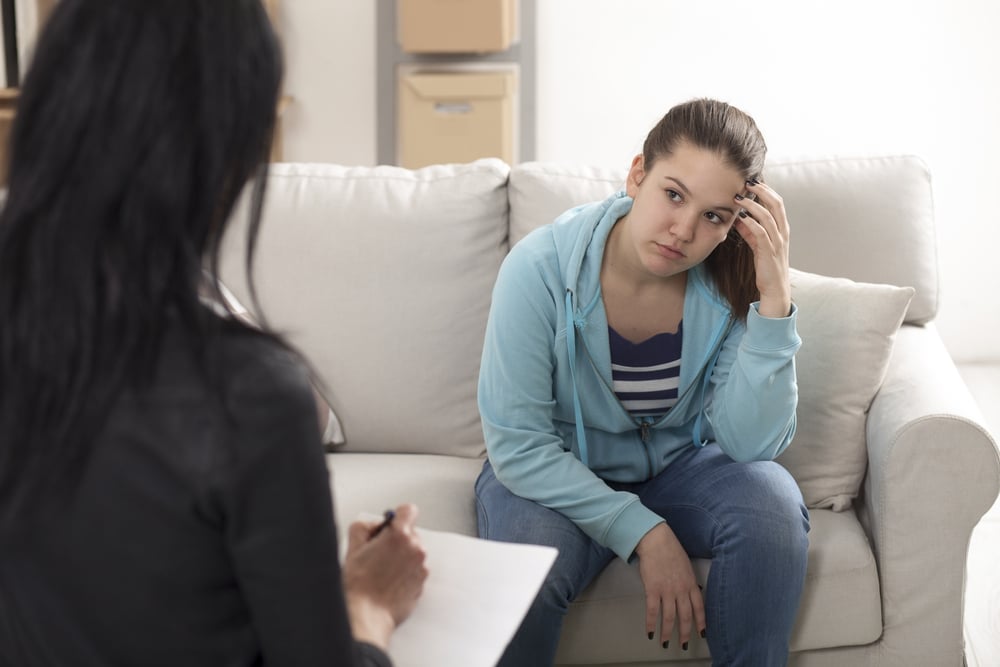CAMHS

Child and Adolescent Mental Health Services, or CAMHS as it is more often known, is part of the NHS. They assess and treat young people with emotional, behavioural or mental health difficulties.
CAMHS teams have a wide range of experienced professionals including nurses, therapists, psychologists, support workers and social workers.
If your parents are separating, you may be experiencing significant distress. This is where CAMHS, with their trained professionals, can be helpful.
Do I need support from CAMHS?
Feeling a bit low from time-to-time is normal for most people. If your parents are separating, you are probably going to feel more unhappy than usual. But there will be times when you feel OK, too.
However, if you are feeling unhappy and low for a prolonged period of time, it could mean it’s time to seek professional help.
Sometimes young people can refer themselves to CAMHS to seek help, this depends on the particular service in your local area. If you cannot self-refer, you have to be referred by an adult. That person can be a parent, teacher, doctor, social worker and some other professions.
Young people receiving social care support, school intervention, or part of a youth offending team, can also be referred.
What does CAMHS do?
CAMHS supports a wide range of issues that may affect young people including depression, eating disorders, self-harm, abuse, anger, bipolar, schizophrenia, anxiety and more.
For more complex problems, CAHMS may ask for help from other mental health professionals with more specialist training.
What happens at a CAMHS appointment?
CAMHS is there to help, so try not to worry about any upcoming appointment. Before you go, you may find it useful to consider the below:
- You can take someone with you to the appointment
- It’s a good idea to write a list of everything that you want to ask
- A diary of things that are worrying you can be useful – it will help explain how you are feeling
- You can ask for leaflets and recommended websites about any treatments or conditions you discuss.
- It’s a good idea to give yourself extra time to find the place of your appointment
Once there, you will meet a trained professional and be able to talk to them in confidence. They may ask permission to talk to other people, especially if they are worried about your safety.
You might be asked a lot of questions and they might want to talk your family. This is usually because they want to get a good understanding of the situation.
Once they have a good sense of you and what you want, they will suggest different things that can help. Together, you will decide what to do next together.
Sometimes, older teenagers will be given support by adult mental health services rather than CAMHS. This will depend on your age, where you live and your needs.
Non-NHS Support
There can be a significant waiting list for CAMHS services. Fortunately, many local authorities and charities provide other initiatives that can be accessed more quickly.
Generally, this is most suitable for less significant issues. Many local charities and voluntary groups provide youth counselling services, music and play therapies, as well as youth mentoring support.
Most schools have pastoral staff who can help by organising structured support through youth mentoring, peer support and youth counselling. This is often the responsibility of the Special Educational Needs Coodinator (SENCO). So, it may be useful to talk to a friendly teacher or your SENCO at school to explain the issues you are facing.
Where Can I Find Help?
If you need someone to talk with and would like support from our partners, The Mix, use our interactive tool to find more content, a freephone helpline, online forums, apps and more:
